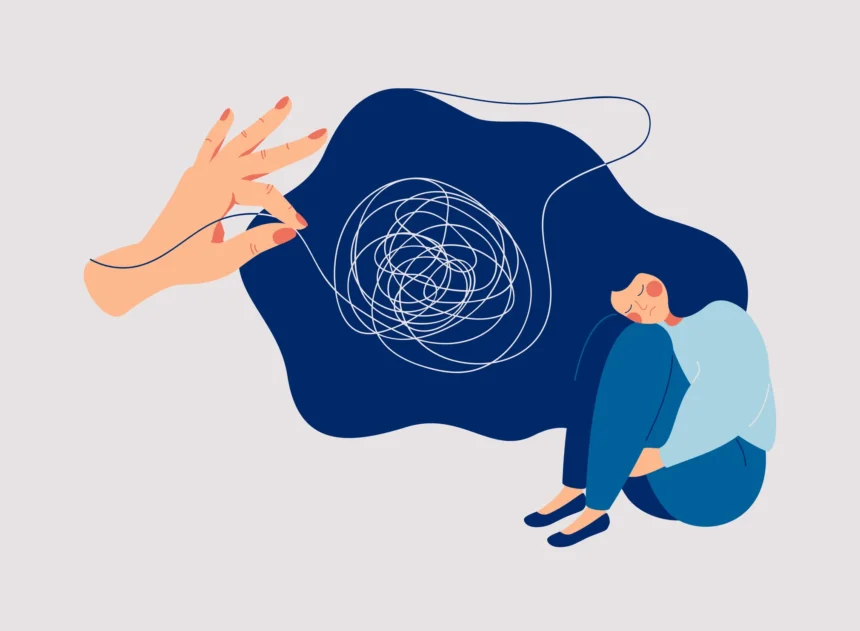Amidst the growing awareness surrounding mental health issues, individuals grappling with overwhelming emotions, particularly self-harm tendencies, are finding solace in shared experiences and coping mechanisms. Recently, actor Imran Khan candidly disclosed his battle with self-harm, shedding light on the often silent struggle faced by many.
In an Instagram post, Khan courageously recounted his personal journey, revealing the inner turmoil that led to his self-harming behavior. “There I was, poking and slicing away trying to feel ‘normal’,” he expressed, offering a glimpse into the complex emotions underlying such actions.
Khan’s revelation resonated with countless individuals grappling with similar struggles, highlighting the importance of destigmatizing discussions around self-harm and mental health. By sharing his story, Khan not only offered solidarity but also encouraged others to seek support and understanding.
For those navigating overwhelming emotions and self-harm tendencies, seeking help and adopting healthy coping mechanisms are paramount. While self-harm may temporarily alleviate distress, it is not a sustainable solution and can lead to long-term consequences.
One effective coping strategy involves reaching out to trusted individuals for support and guidance. Whether it be friends, family members, or mental health professionals, having a supportive network can provide invaluable reassurance and assistance in times of need.
Additionally, engaging in therapeutic activities such as journaling, mindfulness exercises, and creative outlets can offer healthy outlets for processing emotions and reducing distress. These practices enable individuals to express themselves in constructive ways and cultivate a sense of emotional resilience.
Furthermore, exploring professional therapy or counseling services can provide tailored support and strategies for managing overwhelming emotions and self-harm tendencies. Therapists equipped with expertise in mental health can offer personalized guidance and interventions to address underlying issues and promote healing.
Ultimately, the journey towards healing and emotional well-being is unique to each individual. By acknowledging their struggles and seeking appropriate support, individuals can take proactive steps towards managing overwhelming emotions and cultivating healthier coping mechanisms. With compassion, understanding, and perseverance, it is possible to navigate through challenging times and emerge stronger than before.










